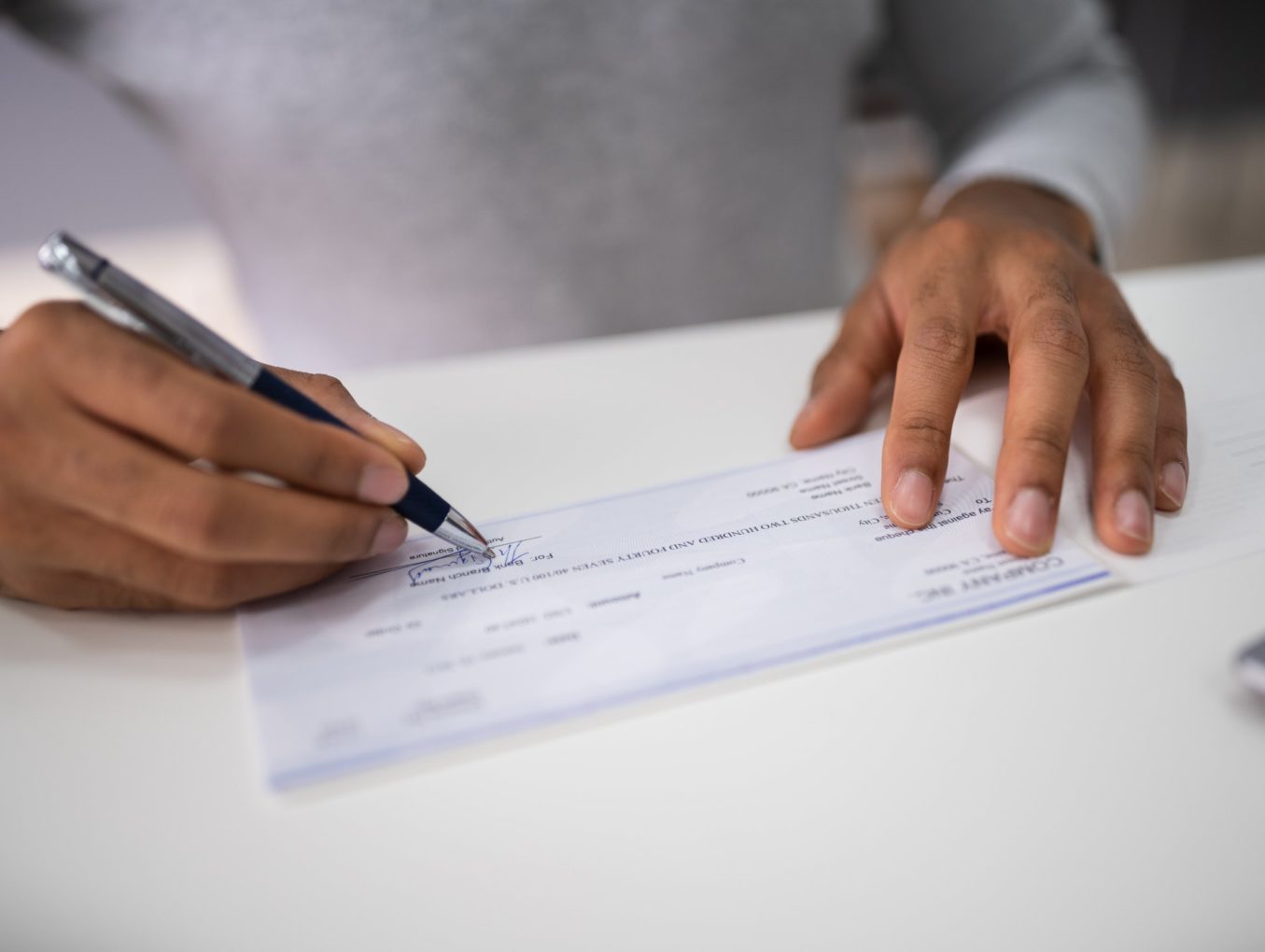Have you received a reminder from the IRS that you may have to file estimated tax payments? If so, you will not want to ignore this notice. Quarterly tax payments require action. Otherwise, you could end up owing the IRS more when you file taxes.
Keep reading to learn more about estimated quarterly taxes, including who must pay them and when they are due.
What Are Estimated Tax Payments?
Estimated tax payments are quarterly payments on the estimated income you expect to make this year that is not subject to federal tax withholding. Individuals with an employer have income tax withheld from every paycheck and paid to the government.
However, when an individual is self-employed, there is no one to take taxes from their income as they are paid. The IRS does not want to wait an entire year to collect taxes owed, so they require self-employed individuals to file estimated quarterly taxes.
Who Has to Pay Estimated Taxes?
The following groups must make quarterly tax payments:
- Sole proprietors, partners, and S corporation shareholders who believe they will owe at least $1,000 when filing their return
- Corporations who expect to owe at least $500 when filing their tax return
Additionally, individuals earning income outside of their job may have to pay estimated quarterly taxes. For example, if you make money through a side hustle or freelancing, earn dividends and interest, win prizes, receive realized capital gains, alimony, and other non-wage earnings.
Lastly, if your employer does not withhold enough taxes from your paychecks, you may be subject to quarterly tax payments to make up the difference.
Quarterly Tax Payment Exceptions
You are exempt from paying quarterly taxes if you meet all three of these conditions:
- You had no tax liability for the last tax year
- You were an American citizen or resident alien for the entire tax year
- Your last tax year covered 12 months
How Do You Calculate Your Estimated Tax Payment Amount?
As the name implies, your estimated tax payments are an estimate of what you think you owe. Likely, you will not get it entirely accurate, and there may be a slight adjustment come tax season (in the form of a refund or a tax bill). Still, you want to get it close to the actual amount.
To figure out your estimated tax payment, you will need your expected gross income, taxes, credits, and deductions for the year. You will estimate how much you expect to earn for the year, calculate the appropriate income tax, and subtract any credits and deductions from the amount you owe.
Lastly, you take that final figure and divide it by four to find out your quarterly tax payments.
Use Form 1040-ES’s worksheet for help figuring out your estimated tax.
How Do You Pay Estimated Taxes?
You pay estimated taxes directly to the IRS every quarter by mail, phone, on the IRS2Go app, or on your online account. You will need to submit Form 1040-ES when submitting a payment. To get a full breakdown of your quarterly tax payment options, go to https://www.IRS.gov/payments.
The IRS highly recommends paying via the Electronic Federal Tax Payment System (EFTPS) to easily track all your estimated tax payments.
If you do not want to make quarterly lumpsum payments, you can choose to pay your estimated tax payment weekly, bi-weekly, or even monthly. However, it is your responsibility to ensure you have paid enough by the end of the quarter.
When Are Estimated Tax Payments Due?
The deadlines for estimated quarterly taxes are:
- April 15: the quarter of January 1 to March 31
- June 15: the quarter of April 1 to May 31
- September 15: the quarter of June 1 to August 31
- January 15 of the next year: the quarter of September 1 to December 31
If any of the above quarterly tax payment deadlines fall on a Saturday, Sunday, or legal holiday, the IRS moves the deadline to the next business day.
What Is the IRS Penalty for Not Paying Estimated Taxes?
Your estimated quarterly payments are estimates, and therefore the IRS knows you may be slightly over or under on paying your taxes. If you pay 90% of taxes for the current tax year or you didn’t owe taxes the previous tax year, the IRS is unlikely to charge you a penalty.
However, the IRS can assess penalties if you have a large underpayment or did not pay at all. The penalty can vary depending on how much you did not pay and how long your payment is past due. This is an IRS penalty you want to avoid, so do your best to get your estimated tax payments right.
If you need help, schedule a free call with us or start with a free evaluation.
6 Simple Questions. Free Evaluation.

